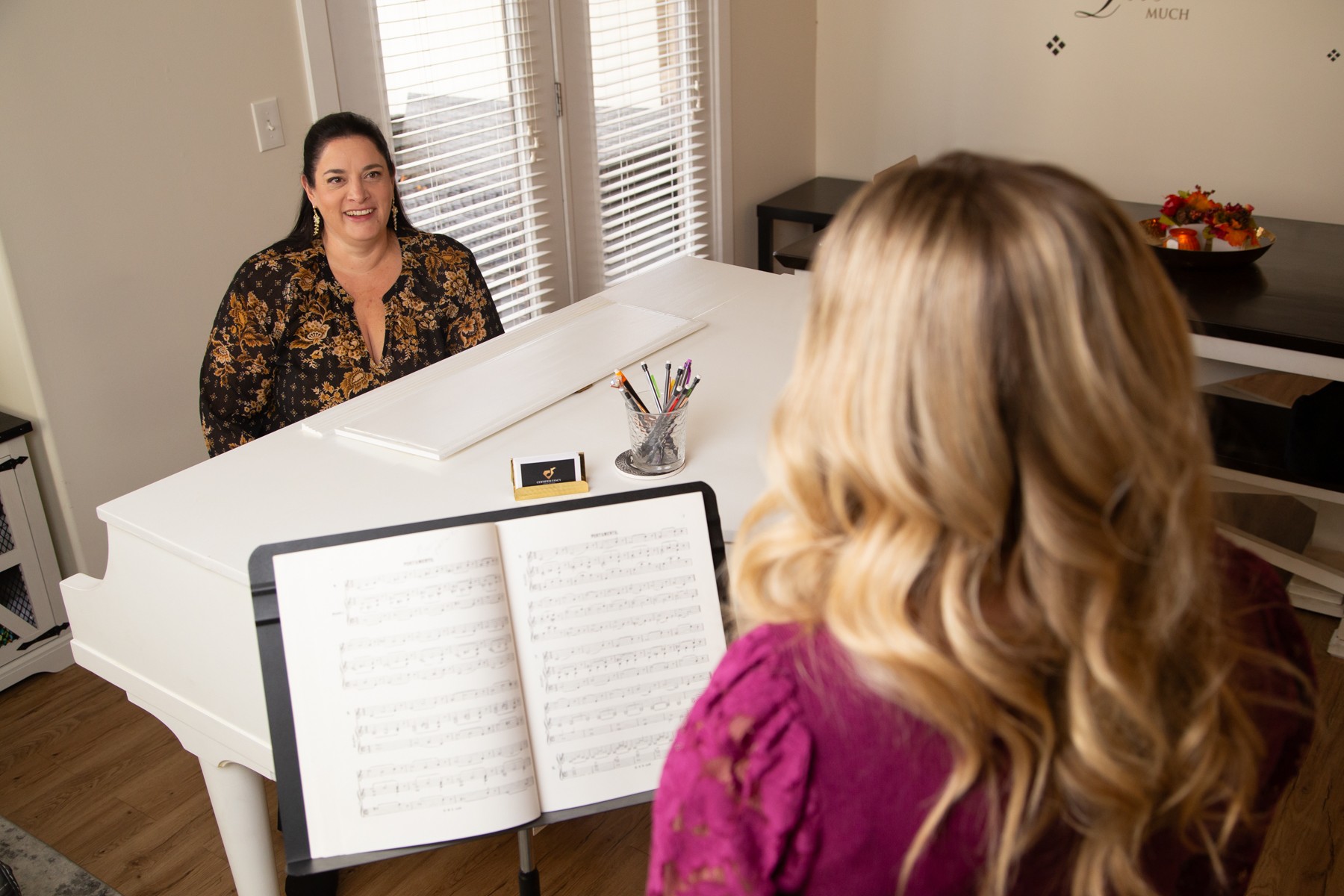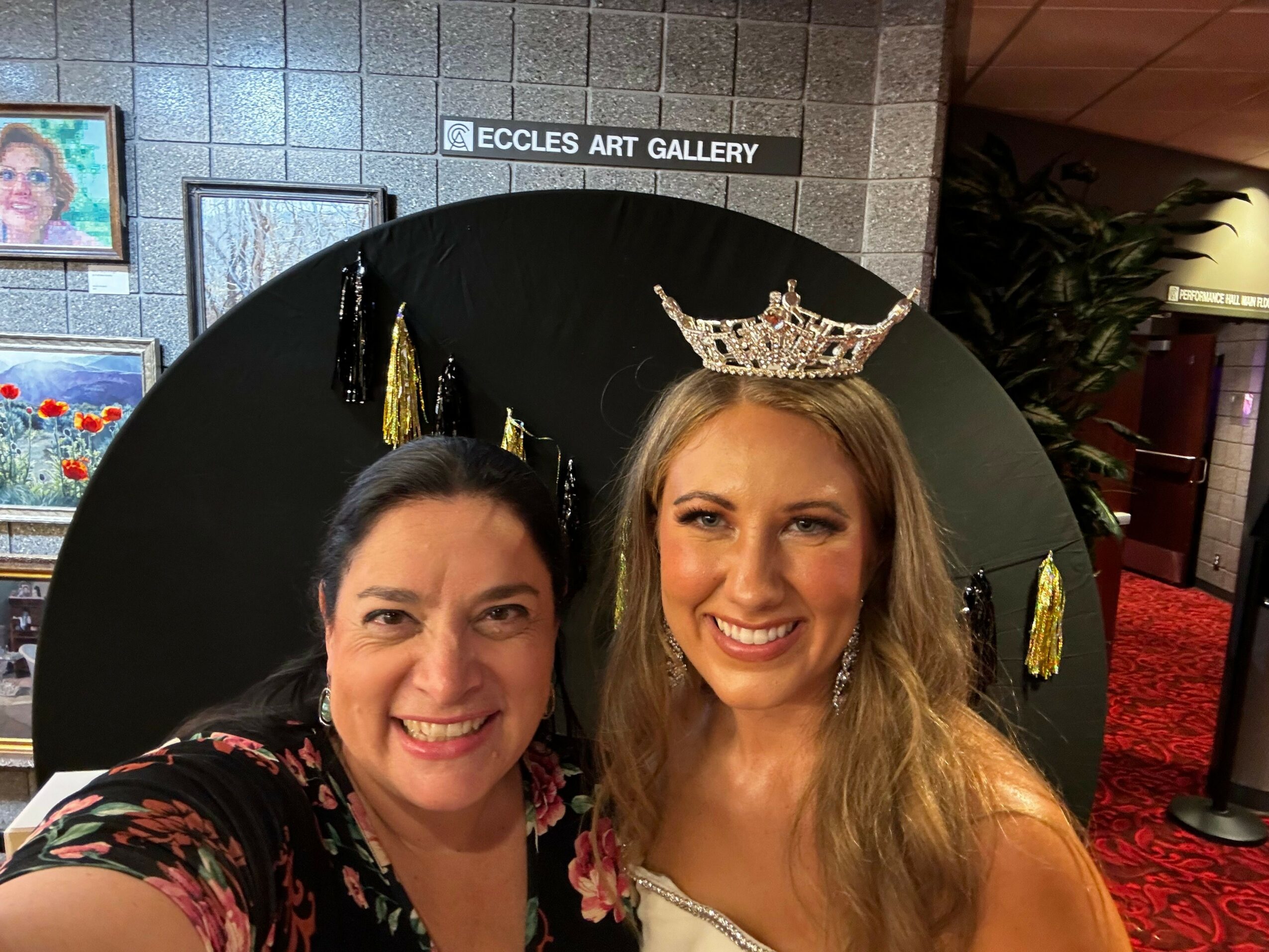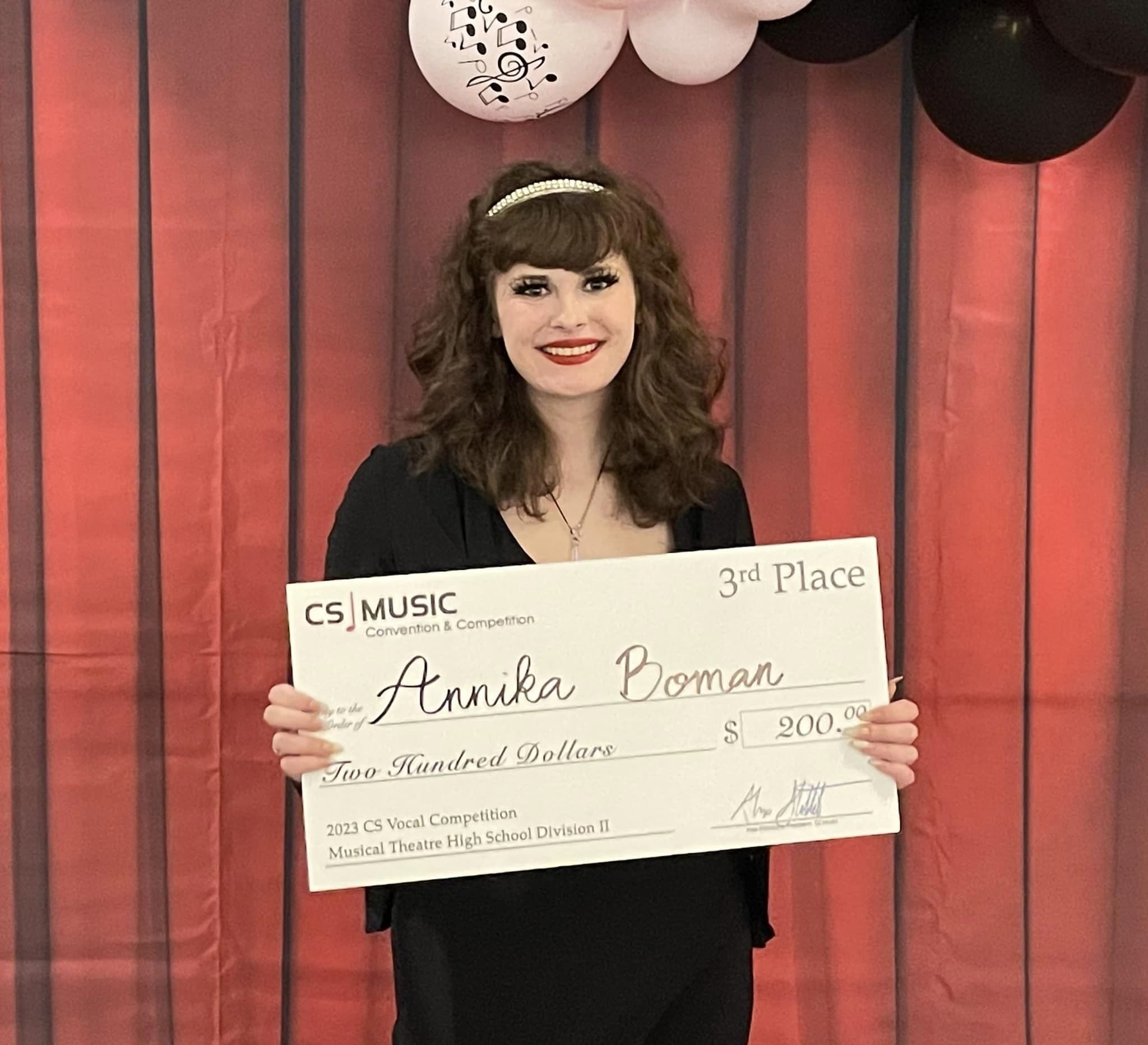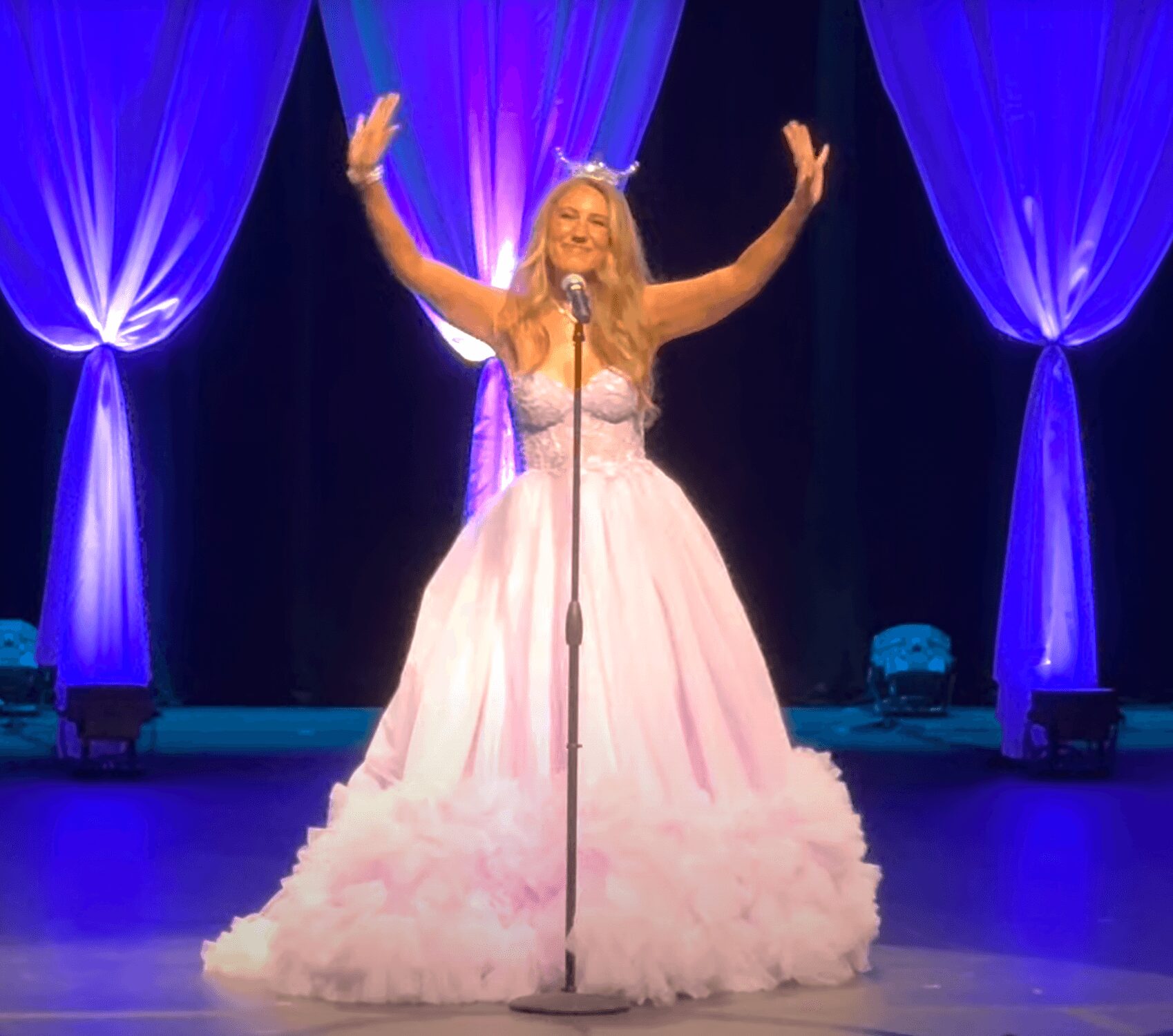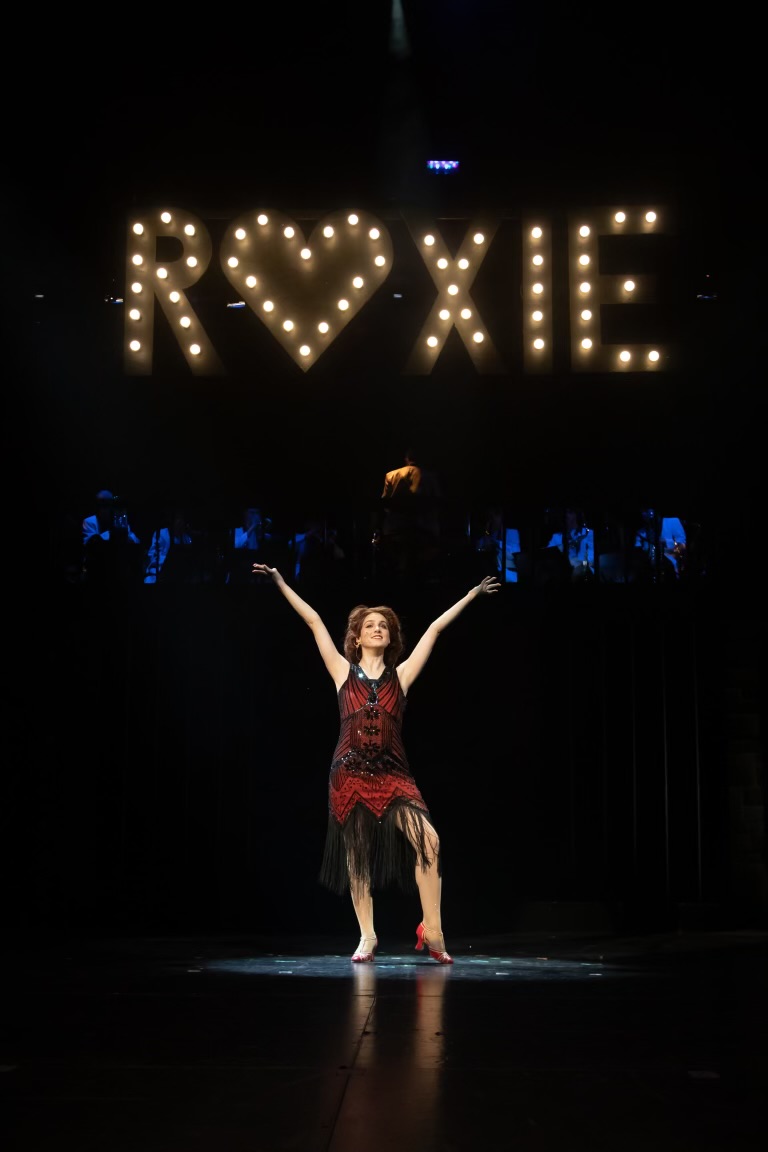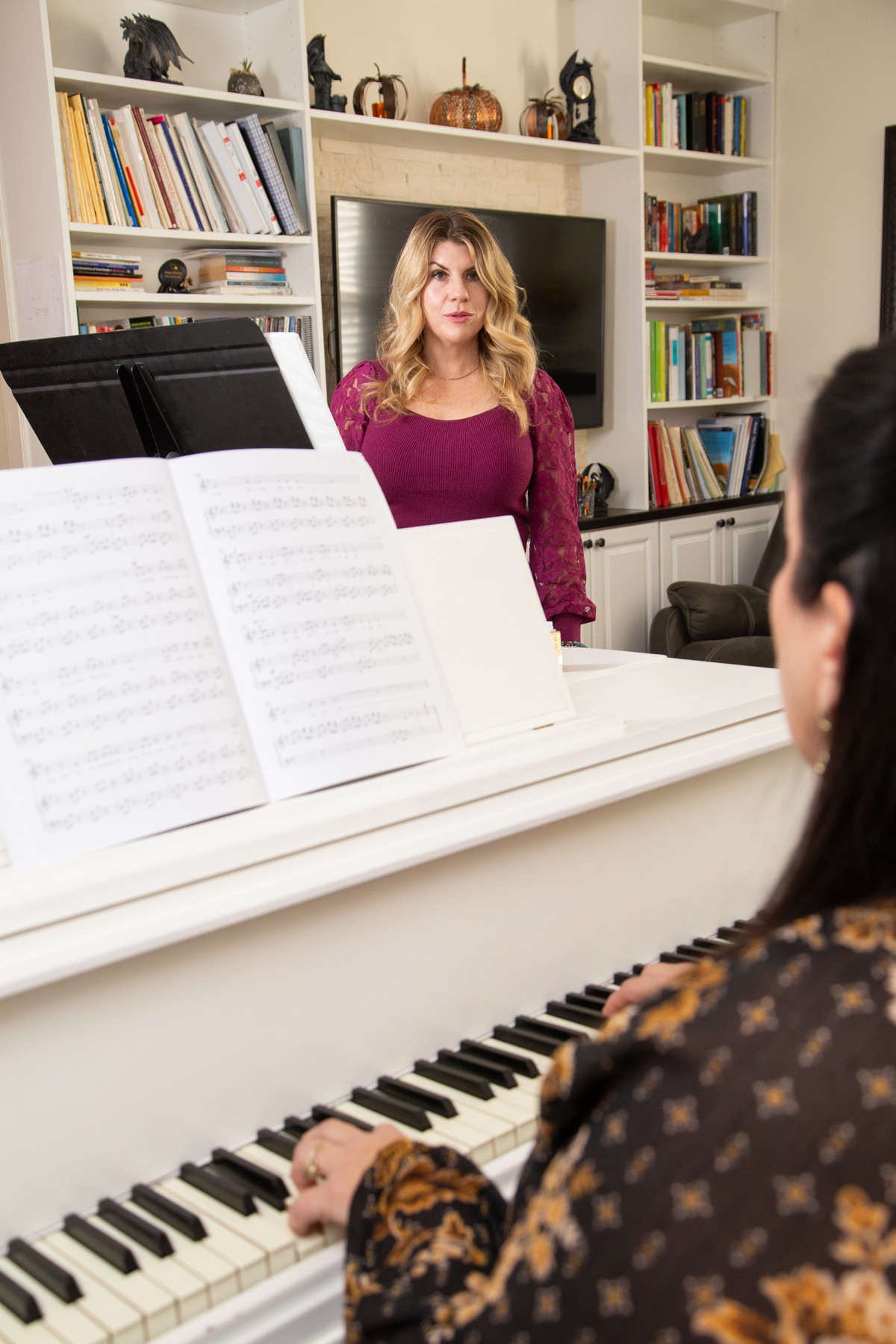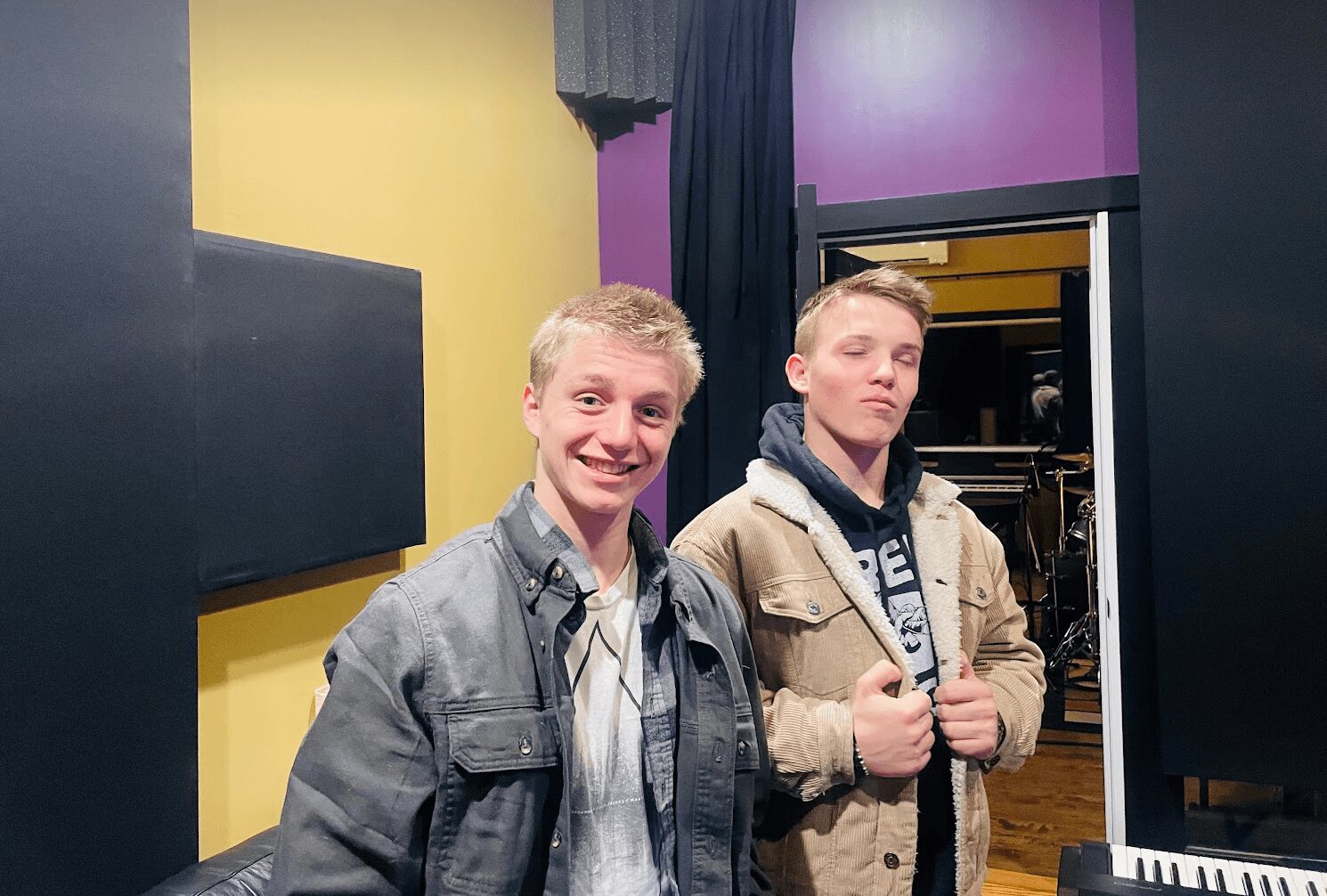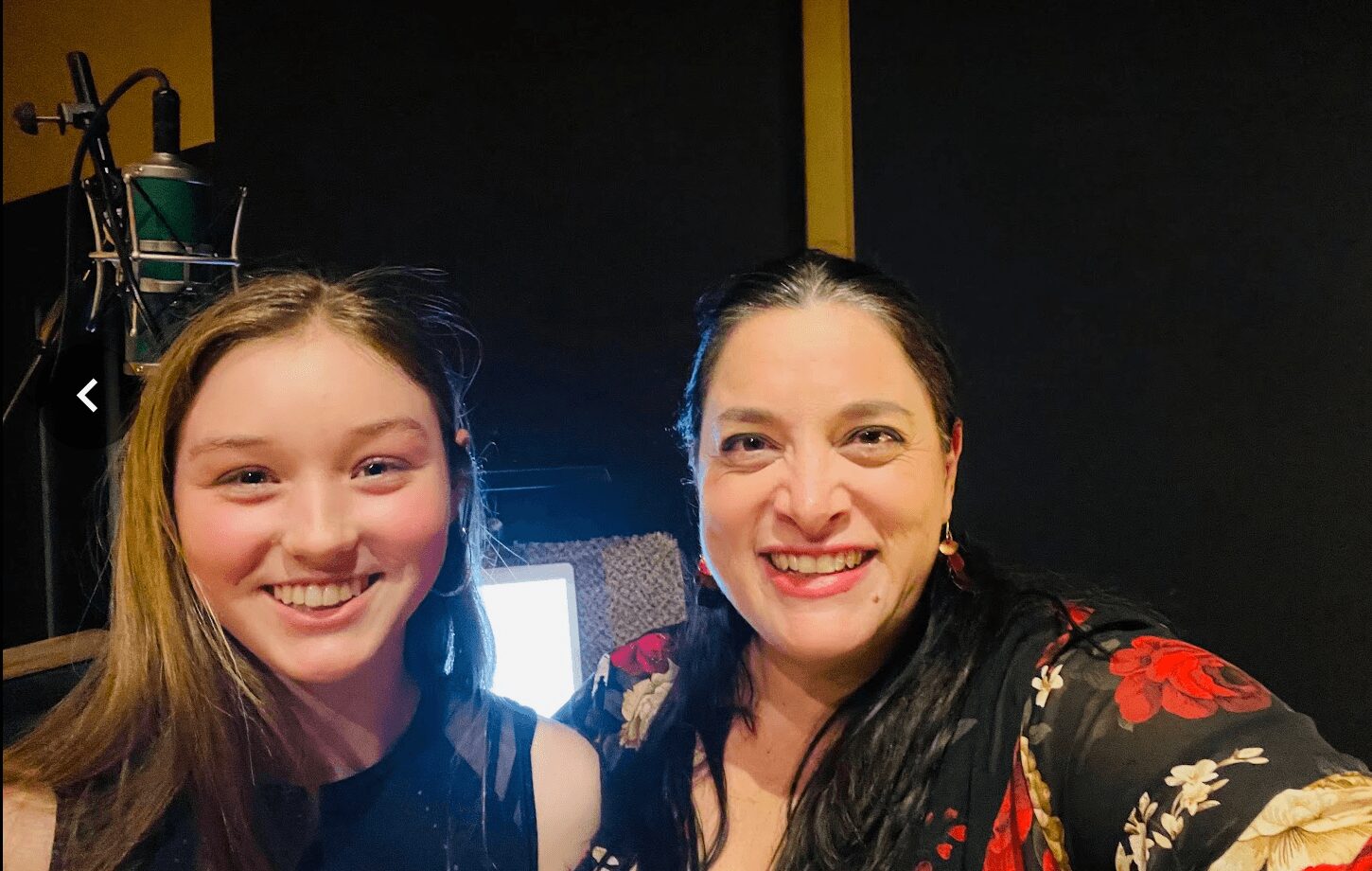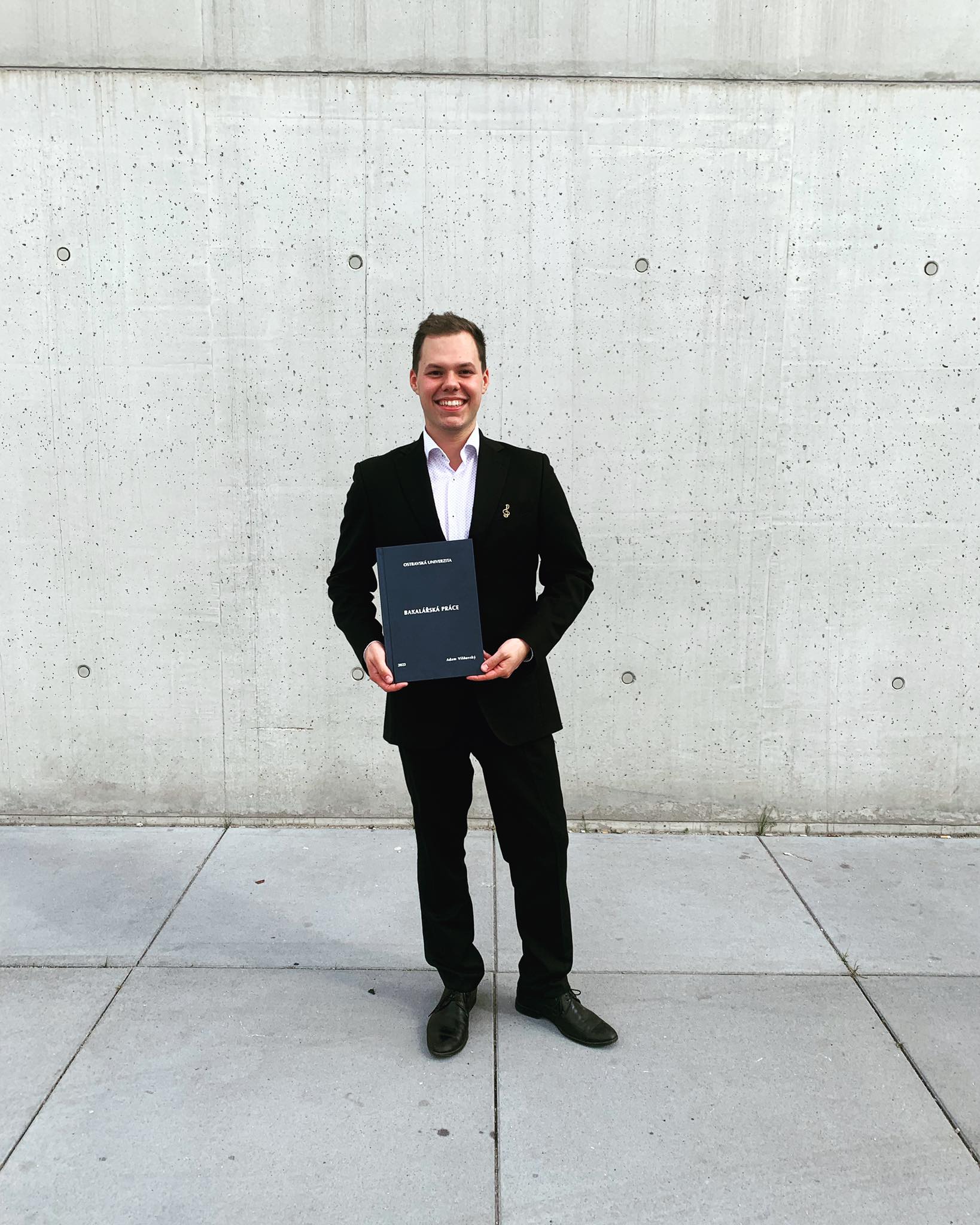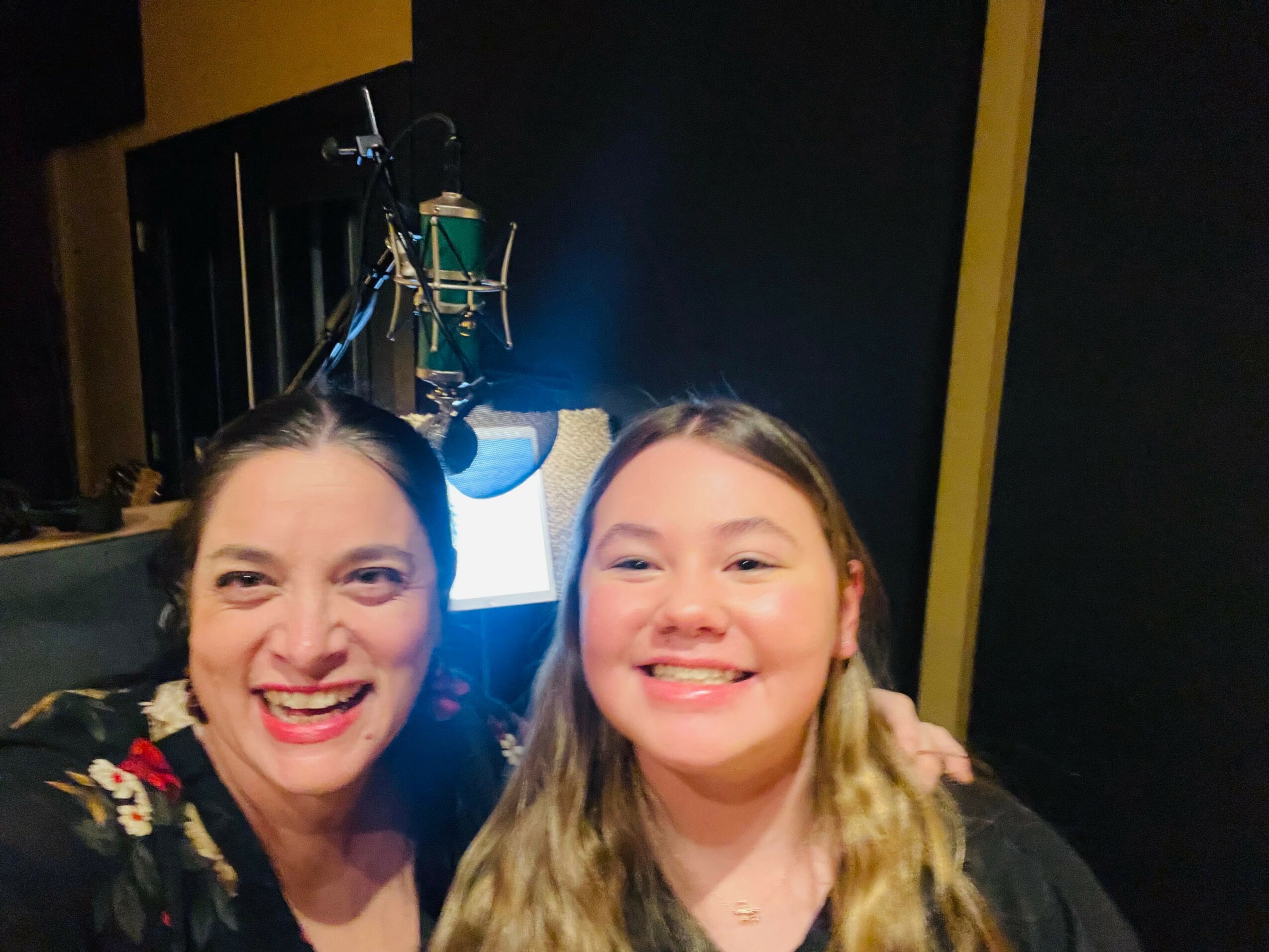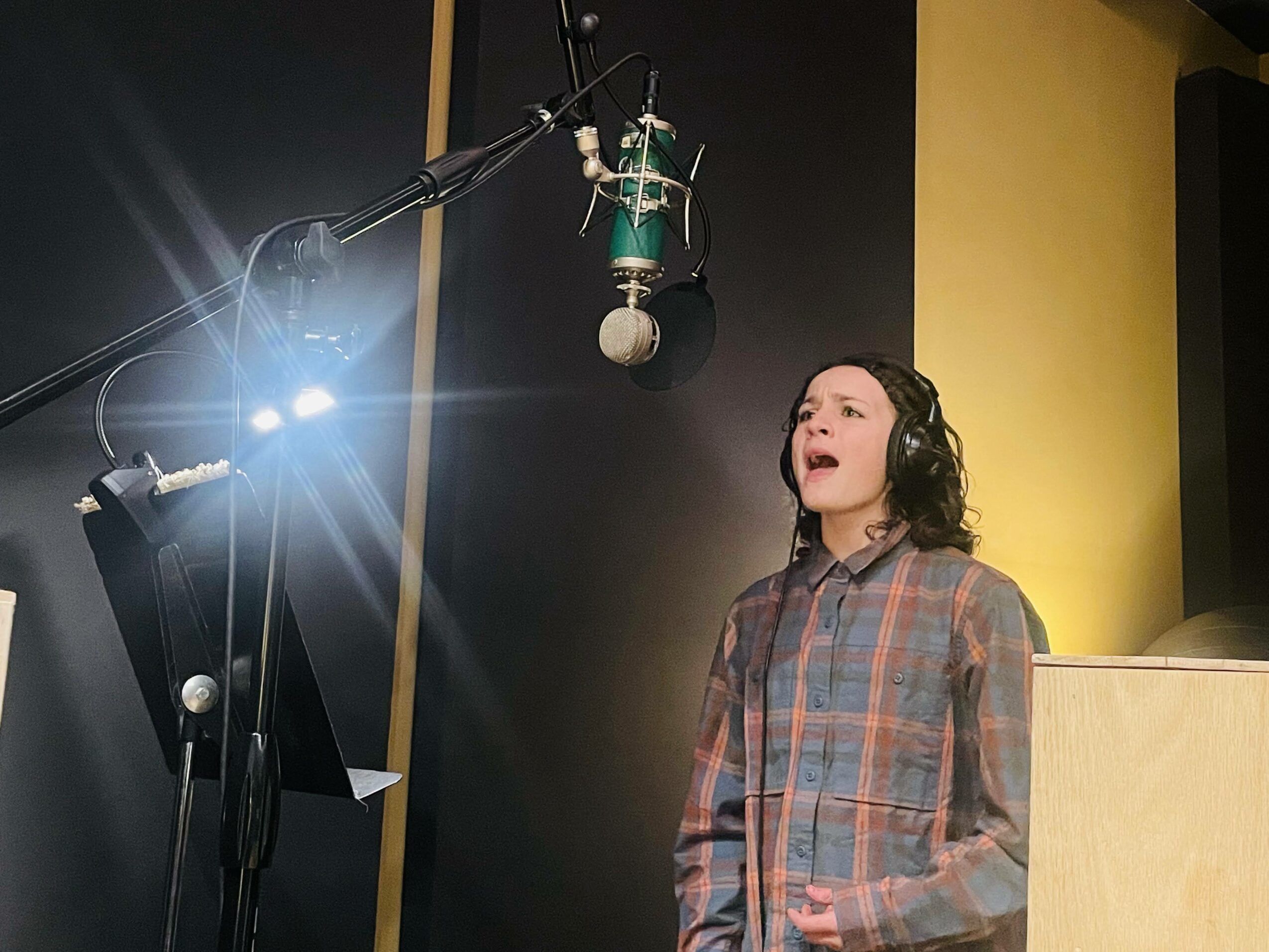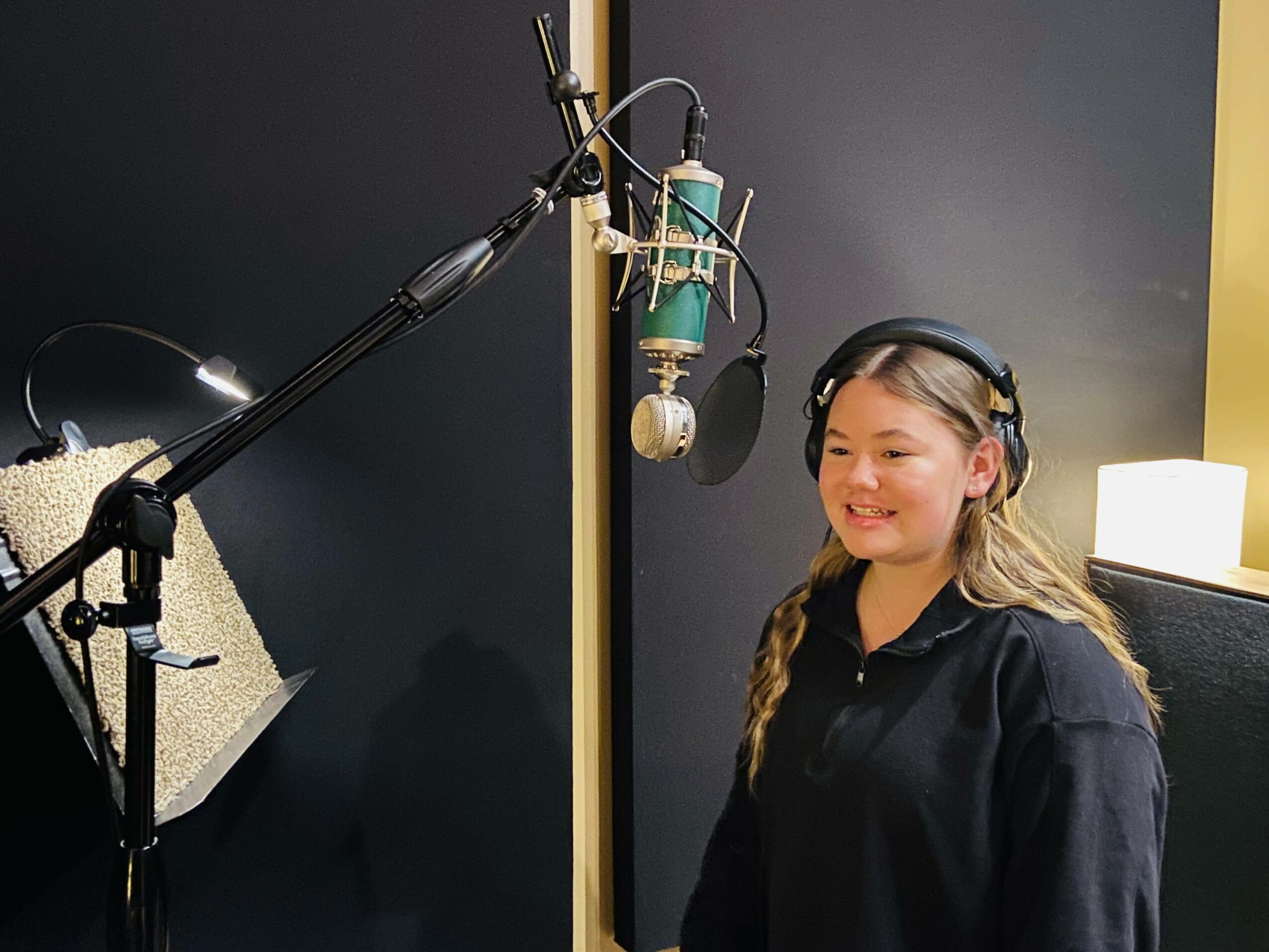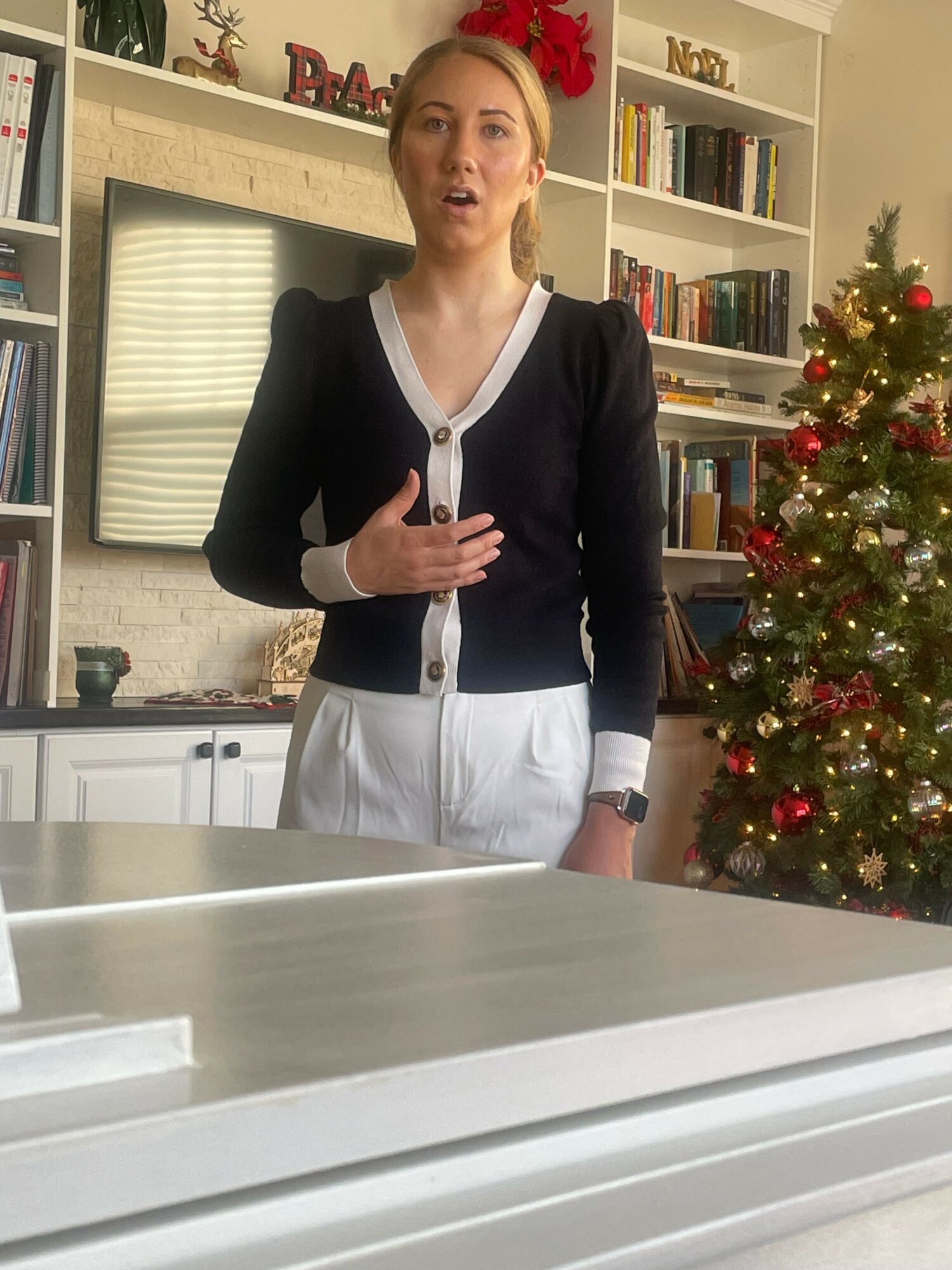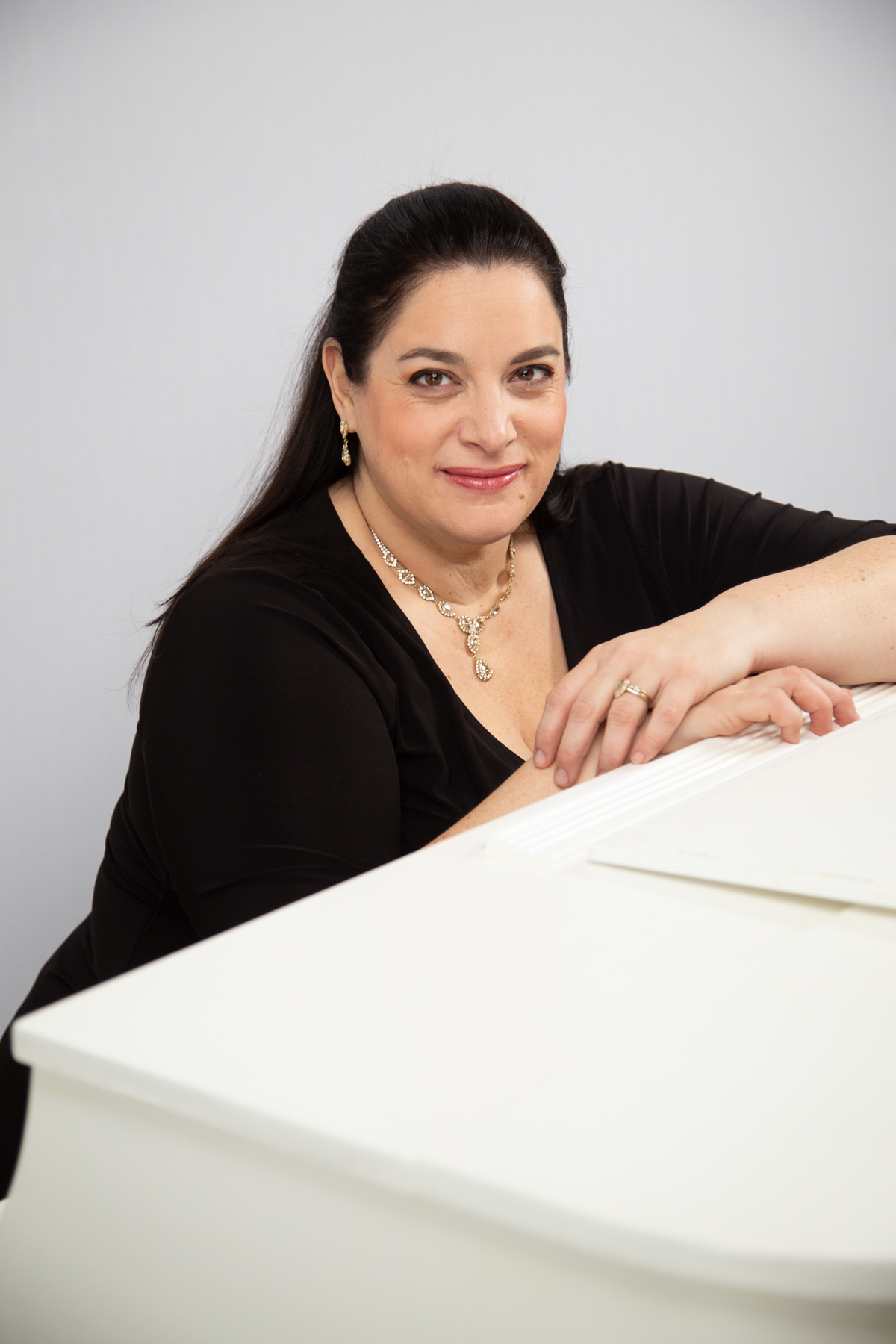

Today we’d like to introduce you to Vanessa Noel-Kemp.
Hi Vanessa, so excited to have you on the platform. So before we get into questions about your work-life, maybe you can bring our readers up to speed on your story and how you got to where you are today?
Pleasant Grove, Utah has been my home for eight years now. The story of my vocal studio however really began in my hometown of Zurich, Switzerland where I saw my first opera at the age of twelve. From that moment, there was no question in my mind — singing would be my life. I imagined a future filled with travel, rehearsal rooms, and bright stages across the world. And for a time, that dream became my reality.
Everything changed when my first son was diagnosed with autism — and shortly after, so was my second son. I suddenly found myself at a crossroads between two loves: making music and motherhood. Instead of leaving my family for months at a time, as is often the reality for performers, I chose to stay — to help my sons find their voice in the world when they could not communicate their needs or emotions.
What I didn’t know then was that this decision would lead me to a completely new kind of stage.
I spent years interpreting and articulating emotions for my sons — creating systems for them, training volunteers to work with them according to the Son-Rise program, studying the nuances of communication, facial expression, body language, psychology, neurological wiring, and different ways of learning. That process gave me a profound understanding of how all parts are interconnected, and how our inner emotional blocks affect not just how we speak, but how we sing.
In time, I realized that while I still loved performing, my true fulfillment came from helping others uncover their voices — technically, artistically, and emotionally. That became the foundation of Certified Fancy Vocal Studio, where I now teach singers of all levels to sing with freedom, confidence, and joy.
We all face challenges, but looking back would you describe it as a relatively smooth road?
It hasn’t been a smooth road — but it’s been a meaningful one.
One of my favorite books is the sci-fi novel The Martian. Mark Watney achieves his lifelong dream of becoming an astronaut-botanist-engineer and cultivating life on Mars, only to be accidentally left behind after a storm. He’s forced to pivot — using every bit of his training, creativity, and stubborn optimism to survive until Earth can find a way to bring him home. By the end, he realizes his real legacy isn’t growing potatoes on another planet, but using his experience to teach others how to prepare, adapt, and endure when life becomes unrecognizable.
That story has always resonated with me. I had built my life around performing opera, only to have everything change just as the dream began to unfold. Divorce, raising two autistic sons on my own, and starting over in Utah forced me to redefine success entirely. It wasn’t the path I planned — but it became the one with purpose. I learned that the most fulfilling legacy is helping others discover and shape their own voices.
That’s what I do every day now at Certified Fancy Vocal Studio — help people find or re-discover their sound, their confidence, and their sense of self through music.
Can you tell our readers more about what you do and what you think sets you apart from others?
What do you do, what do you specialize in, what are you known for?
I’m a voice teacher and vocal coach who specializes in helping singers find both technical freedom and emotional authenticity.
At Certified Fancy Vocal Studio, I work with singers of all levels — from beginners finding their footing to professionals refining their artistry. My teaching blends classical training with modern versatility so that my students can sing anything from opera to musical theatre without strain or loss of character.
I’m best known for helping people overcome the invisible barriers — tension, fear, and perfectionism — that block the natural voice. I don’t just train the voice; I teach people how to listen to their bodies, interpret emotion, and trust their sound again.
What sets you apart from others?
When I asked my students why they chose to study with me, most said it’s because I can come up with a thousand different images to help them understand and feel technique. I can usually diagnose why something isn’t working — even when the problem isn’t muscular, but mental.
They also say I don’t let them get away with anything, but I do it with encouragement and humor. I believe passion develops through mastery — and that means learning to love the process as much as the result.
And perhaps most importantly, I’m not teaching as a stopgap between performances. Teaching is what I want to do with my life. It’s where I’m most alive. Teaching IS the art form.
What are you most proud of?
Honestly, it’s the students who struggled the most and came the furthest — through patience, persistence, and trust — who make me the most proud.
One beautiful girl stands out in particular. She came to me at twelve years old, her voice going hoarse after just one paragraph of reading out loud. Years of strain, poor breathing, and even vocal nodules had taken their toll. For months we worked only on breathing and gentle phonation in her lower range. She couldn’t sing above a G4, and a C5 felt unreachable.
Two years later, which included her patient adherence to the exercises I gave her and the support of a proper ENT diagnosis of acid reflux, she was belting a D5 and vocalizing to a C6. I remember tearing up almost every lesson — not just because of the progress, but because she’d learned to trust her body again. Watching that transformation reminded me why I do what I do: the human voice is resilient, and so are the people behind it.
Do you have any advice for those looking to network or find a mentor?
In terms of finding a mentor, especially for becoming a great voice teacher, my advice is to look at the teacher’s students first. If every student sounds like a carbon copy of the teacher, that’s a red flag. A great mentor helps each singer sound like themselves — their most authentic, free version — not a replica.
I’ve been very fortunate to study with some of the best teachers in the business, people who modeled that kind of respect for individuality. They taught me that the real art of teaching lies in listening — not just to sound, but to the person making it. I’ve also learned from the less effective teachers on how NOT to teach.
When it comes to business mentorship and networking, I wish more of that had been part of formal music training. Most artists learn the craft, not the career. I’ve had to pick up the entrepreneurial side as I went — learning through trial, error, and the generosity of colleagues who share what works.
My best advice there is simple: stay curious, stay kind, and stay connected. The relationships you build through genuine curiosity and integrity will always take you further than strategy alone.
Contact Info:
- Website: https://www.cfvocalstudio.com
